Florida Governor Ron DeSantis has recently come under fire from critics who accuse him of hurting families struggling to feed their children after rejecting $250 million in federal funds that would have provided $120 per child to families for food over the summer.
Hunger-awareness advocates have called the move “shameful” and worry about DeSantis’ government turning down the needed program again for 2025.
Summer Benefits Program
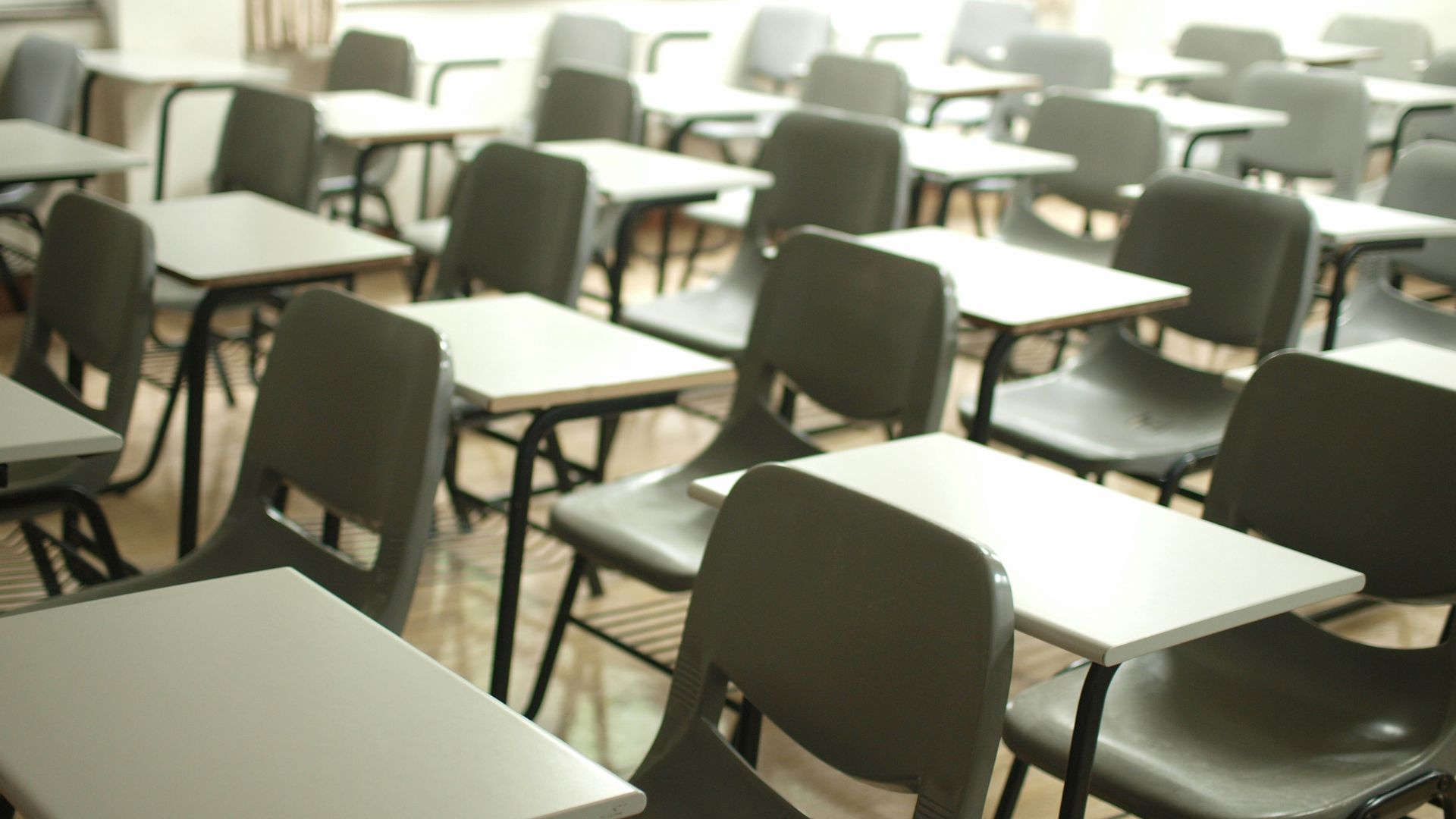
A federal summer electronic benefits transfer (EBT) program known as Sun Bucks offered to give $120 per child during the months of June, July, and August to families to help feed their kids.
During the school year in Florida, many children receive free or reduced-price lunches that they miss out on when school is out for the summer.
Joining Other States
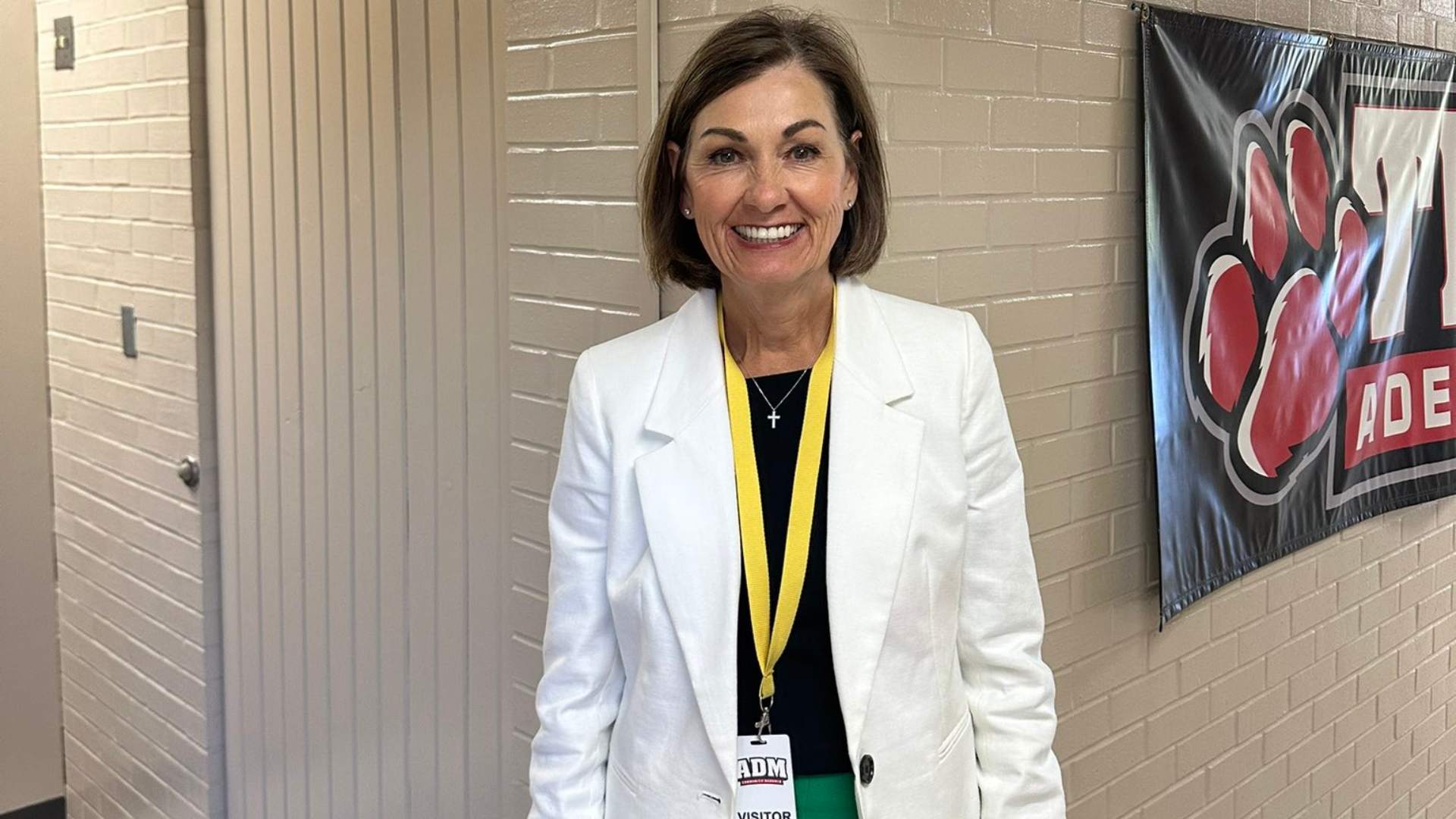
DeSantis’ rejection of Sun Bucks was shared by 14 other Republican states who are critical of cash benefit programs that just throw money at the problem instead of offering a long-term solution.
“Federal COVID-era cash benefit programs are not sustainable and don’t provide long-term solutions for the issues impacting children and families. An EBT card does nothing to promote nutrition at a time when childhood obesity has become an epidemic” said Iowa Republican Governor Kim Reynolds.
Food Insecurity
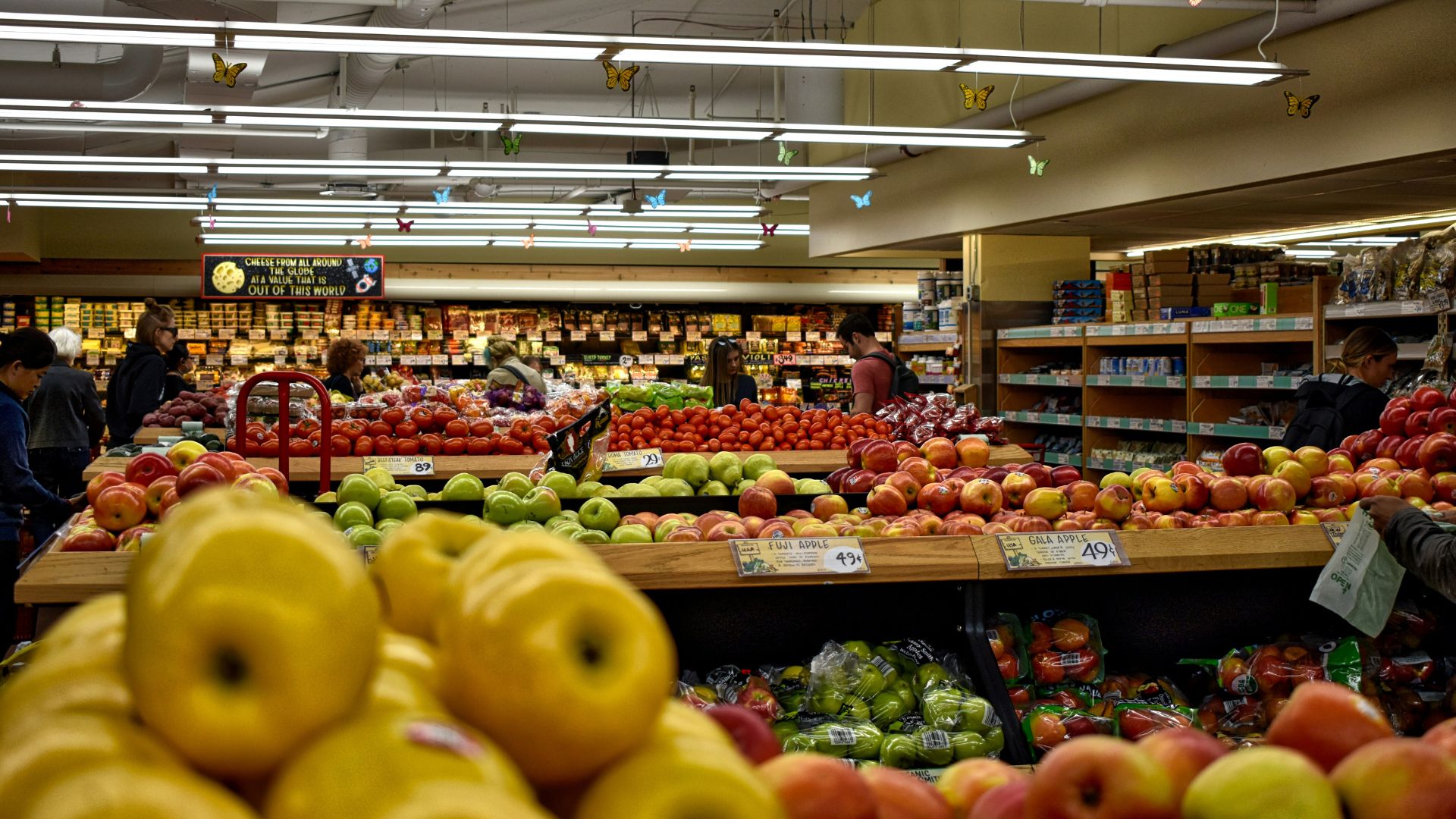
Critics of Desantis’ and Florida officials’ move to reject the Sun Bucks funding say that many children are now left starving thanks to that rejection.
The Organization No Kid Hungry estimates that 2.1 million Florida children would have benefitted from the program, and recent government health data from 2021 found that 13% of children in South Florida suffered from food insecurity that year.
Struggling Floridians

In an August 6 X post, No Kid Hungry Florida published stats documenting the struggle of Floridians when it comes to affording food.
According to the organization, 78% of Floridians said that the cost of food is rising faster than their income and 59% of Florida residents lack “sufficient access to food” when school is out.
Worries of Next Year
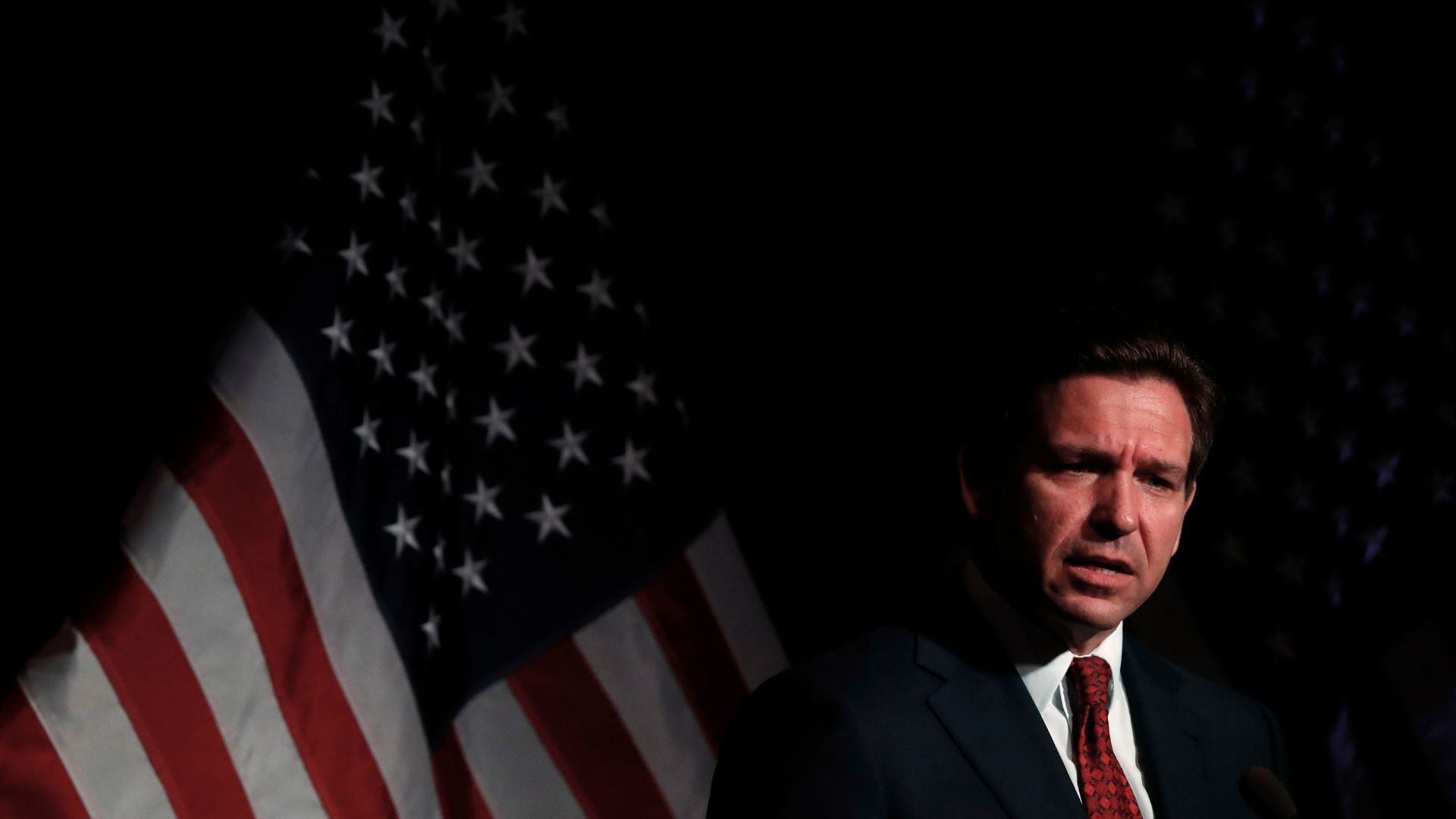
Now, advocates are renewing their worries again as the August 15 deadline for the 2025 Sun Bucks program is fast approaching and the governor has not given a guarantee he won’t reject the aid funds again.
“It’s atrocious that the governor would even think about not accepting any type of help,” said Alix Desulme, mayor of North Miami and founder of the NoMi food pantry, the first and only government-run facility of its kind in Florida.
State Plans
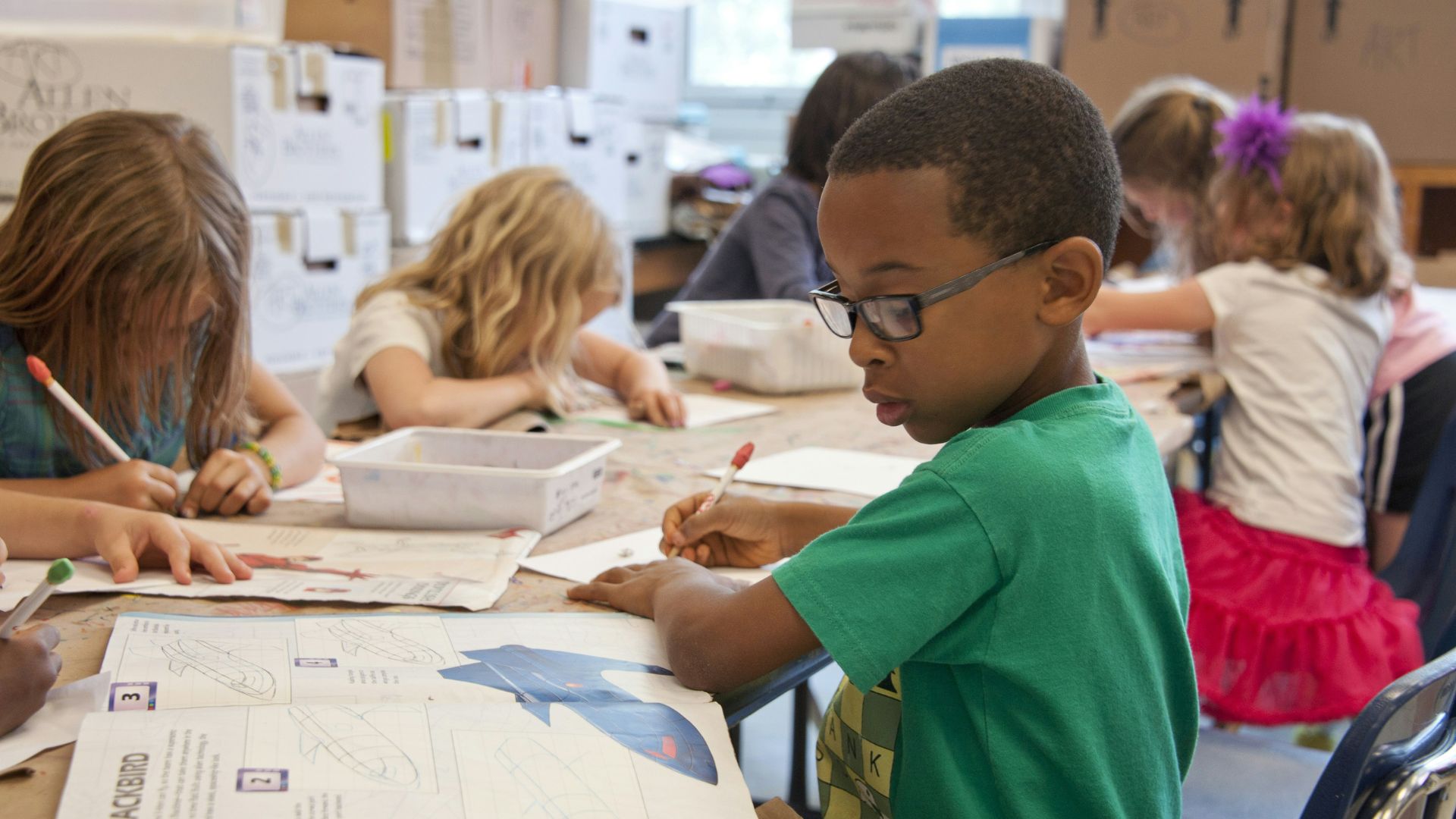
Mallory McManus, a spokeswoman for the Florida Department of Children and Families, told reporters in July that the state plans to serve children without federal help, though ultimately didn’t go as far as ruling the program out outright.
“We anticipate that our state’s full approach to serving children will continue to be successful this year without any additional federal programs that inherently always come with some federal strings attached,” McManus said.
Population Increase

According to Desulme, the population increase observed in the state in recent years is creating an even greater need for the Sun Bucks program.
“Since the pandemic, we’ve seen the population we serve increase over 300%, 22% of children in Florida are living in food insecurity, and people cannot afford to eat. The fact the governor embraced that, it’s very shameful,” said Desulme.
Governor Called Out
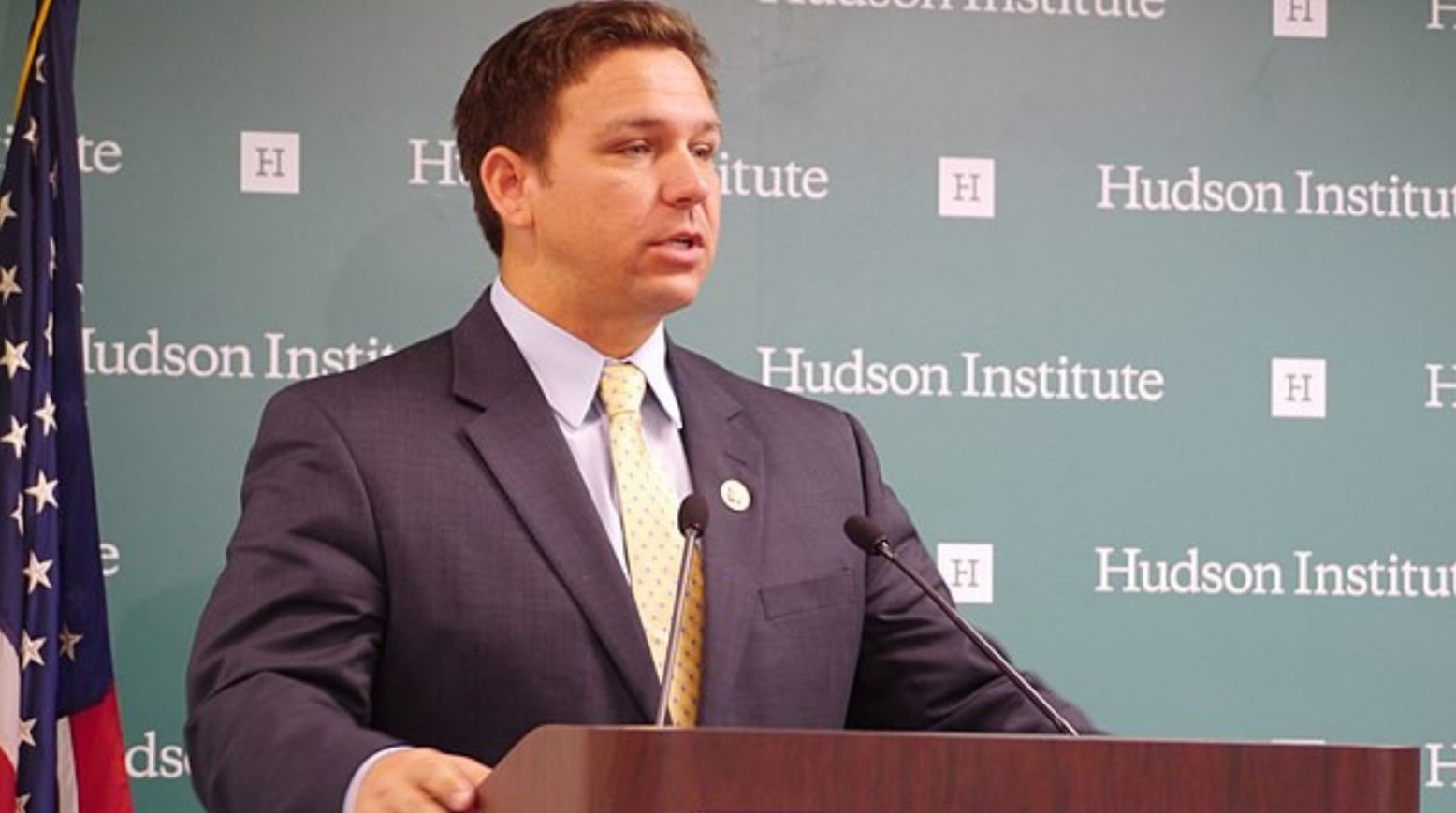
Desulme called out DeSantis, challenging him to come to see the consequences of his actions first-hand before he rejects the aid again.
“He should just come to the pantry on food distribution day and see the line. But they don’t want to talk about it, and the pattern is if they don’t talk about it then it doesn’t exist, said Desulme. “If they think that people are not suffering, people are not feeling it, that it’s not hurting, then they’re not living the reality.”
Why is Florida Against the Program?

In addition to concerns that state officials have about relying on federal aid programs, Florida would also be required to contribute $12 million in administration costs to get access to the $250 million allotted to them through the Sun Bucks program.
There is also the consideration of political optics since the Sun Bucks program is a new initiative from the Biden administration put forward in an election year.
Family Anger

Allison Johnson, the program director of ParentsTogether Action, launched a petition in May to have Florida officials reconsider turning down the program again in August, citing frustration from families.
“We were hearing just a lot of frustration, and, frankly, anger from families who are finding right now money is not going as far at the grocery store, and it’s already sort of hard enough making sure that there’s enough food on the table to feed their families,” Johnson told the Florida Phoenix.
Insult to Injury
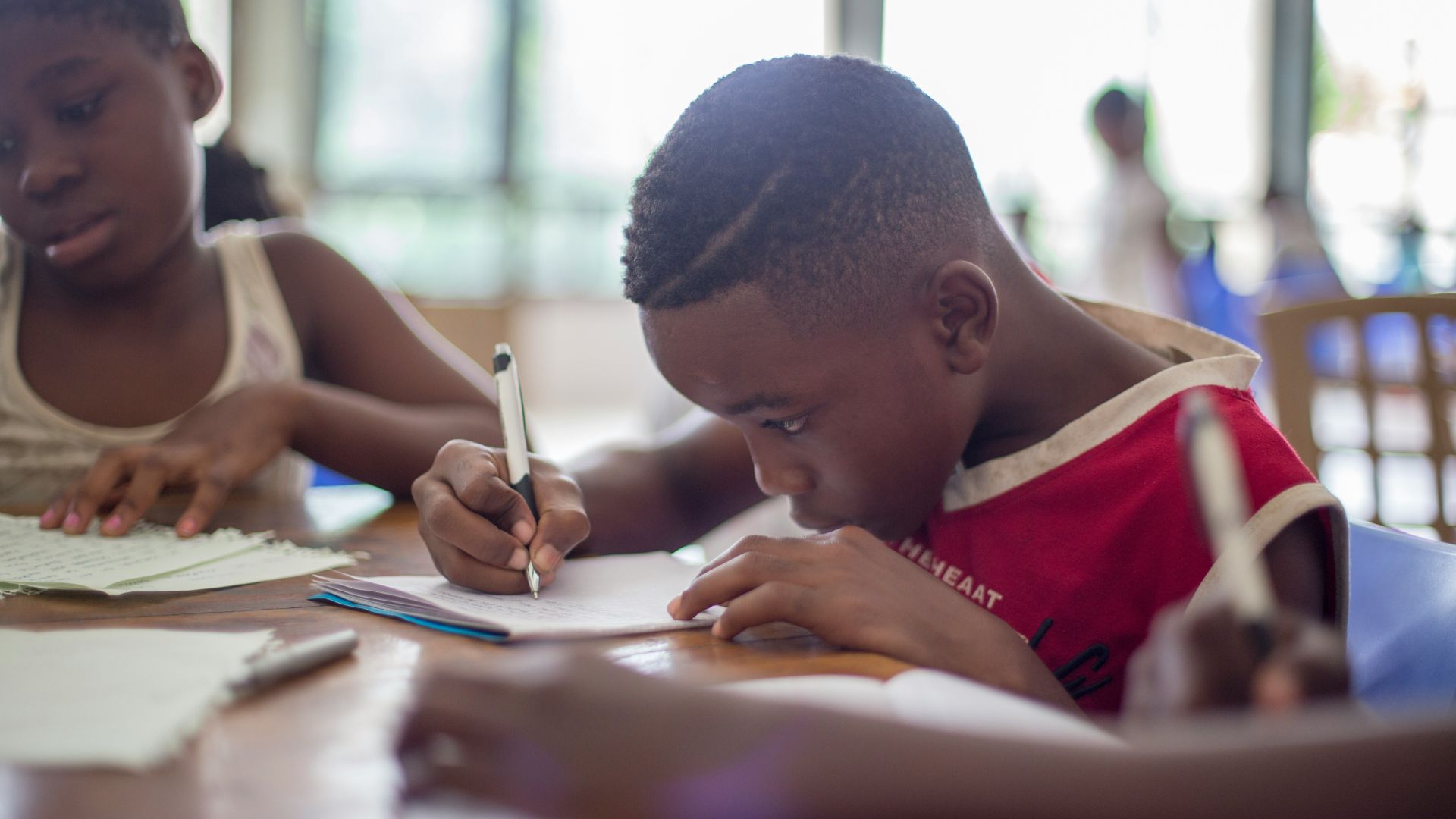
Johnson asserted that it creates an unfair standard for children in America to have some states reject the program, who will now be more disadvantaged than their peers.
“So then there is this sort of additional added insult to injury that this $120 per child would have been available, and it is available for most children across the country, but that certain governors had just said ‘no thank’ you to the money,” said Johnson.
